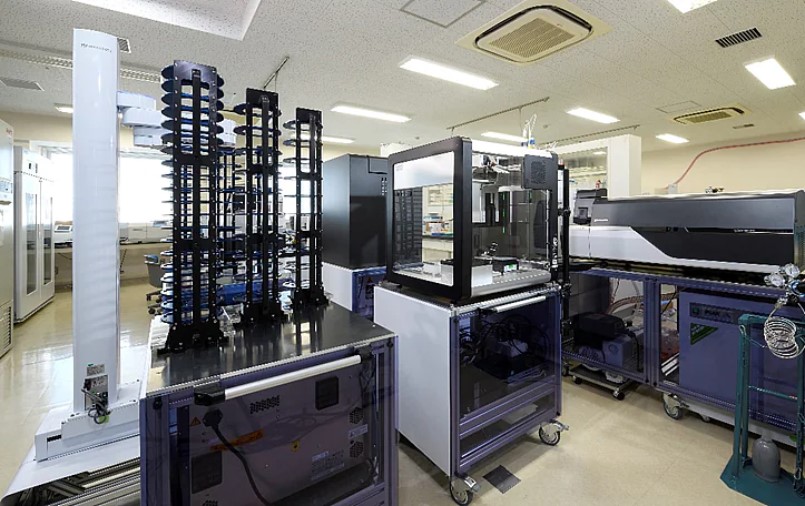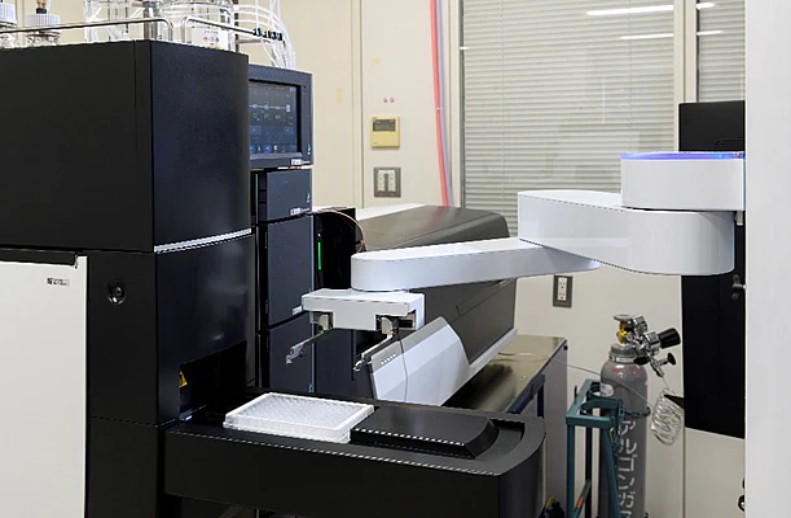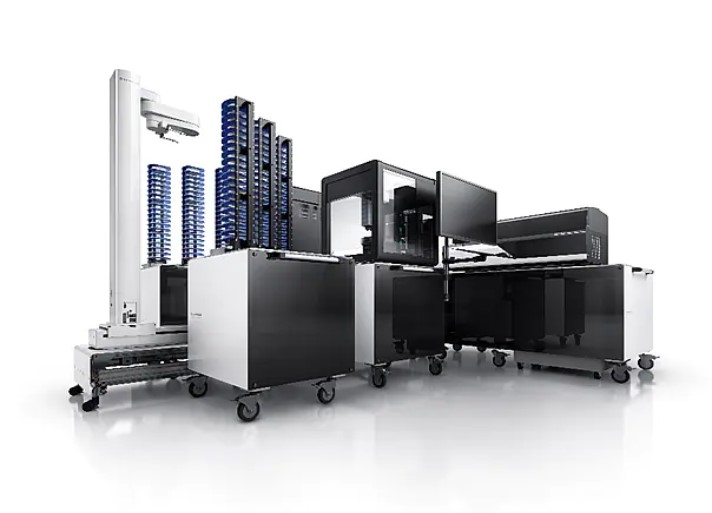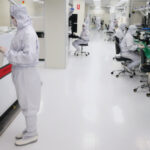ASIA ELECTRONICS INDUSTRYYOUR WINDOW TO SMART MANUFACTURING
New Research Eyes Autonomous Lab System
Shimadzu Corporation and Kobe University have been working on a prototype autonomous laboratory system. In doing so, they are tapping critical technologies such as robotics, digitalization, artificial intelligence (AI), among others.
Ultimately, the goal is to develop an autonomous laboratory system that aims to benefit the society, particularly the fields of biotechnology, pharmaceuticals, or in new materials.
Shimadzu and Kobe University, through Prof. Tomohisa Hasunuma, have been working together for three years already since 2018. In particular, they are jointly researching smart cells, an artificially modified biological cells using advanced technology in synthetic biology.
If smart cells successfully mass produce substances previously difficult to produce, it could trigger a technological revolution in a variety of areas, such as pharmaceuticals, food, new materials, environmental preservation, or alternative materials for petrochemical products.
However, the experimental design process involved in developing new smart cells and preparing a path to mass production is extremely complex. Consequently, it is taking a long time to optimize production processes.
Ensures Efficiency Improvements
To build the autonomous laboratory system, researchers from Shimadzu and Kobe University have are employing the Design, Build, Test, and Learn (DBTL) cycle since June 2021. This encompasses improvements to designing metabolites/genes (D: design); building hosts (B: build); evaluating productivity and metabolomics (T: test); and analyzing experimental results (L: learn).

In particular, the joint research focused on improving the enzymatic functions causing bottlenecks in metabolic pathways for producing substances with enhanced functional properties. It also touched on automatically optimizing parameters in the smart cell cultivation.
Based on the data acquired with analytical instruments, AI plays critical role in the experimental conditions for building strains that enable more efficient and rapid production and optimizing cultivation parameters.
The research endeavor led to the building of the prototype autonomous laboratory system inside the bio-foundry facility at the Kobe University Integrated Research Center (Port Island, Kobe in Japan). Here, researches conduct verification tests to prepare the system for actual use in biotechnology, pharmaceuticals, new material development, and other fields.
In November, Shimadzu Corporation invested in and signed a corresponding partnership agreement with Bacchus Bio Innovation Co., Ltd., a biotech startup company spun off from Kobe University. In the future, Shimadzu will engage in research and development for promoting smart cells in collaboration with Kobe University and Bacchus Bio innovation Co., Ltd.

Features of Prototype Autonomous Lab
World’s First Robot-Compatible Liquid Chromatograph
Shimadzu has already developed a liquid chromatograph (LC) unit equipped with a mechanism that enables a scalar robot (horizontal multi-jointed robot) for transferring sample plates. This means, automation is possible over the previous manual process of placing and replacing plates by introducing a laboratory robot. It can even move the plates smoothly to prevent increasing temperatures inside the LC unit.
Using Visual Programming for Simple Experimental Protocol Design
The dedicated process management app shows the entire experiment process flow visually and uses simple and intuitive operations to specify process steps via the cloud. There is no need to learn a complicated programming language.
Integrated Management of Entire Process
The dedicated app manages information about each sample, such as the containers, instruments, reagents, and analytical techniques used, and manages it together with experimental results in a database to ensure high traceability. Moreover, analysis and viewing of all data related to an experiment are possible using the app.
AI Plays Role in New Experimental Conditions
Autonomous Lab is an automatic experimenting system that works in combination with AI to propose conditions for the next experiment based on previous experimental results, using Bayesian optimization (machine learning technique for predicting unknown functions) and other techniques. Consequently, research can be accomplished more efficiently, without relying on researcher intuition or experience.

Concept of Autonomous Lab System
Shimadzu’s vision for future laboratories taps robotics and AI to offer a platform that can autonomously make scientific discoveries. The Technology Research Laboratory at Shimadzu leads the development of the Autonomous Lab System.
In carrying out the research, a researcher will carry out the procedure via cloud service. Consequently, a robot executes the experiment and sends the experiment results back to the researcher.
The system puts in mind laboratories of the future that can conduct experiments autonomously, such as by using AI, to support analysis or by specifying experiment plans automatically.




